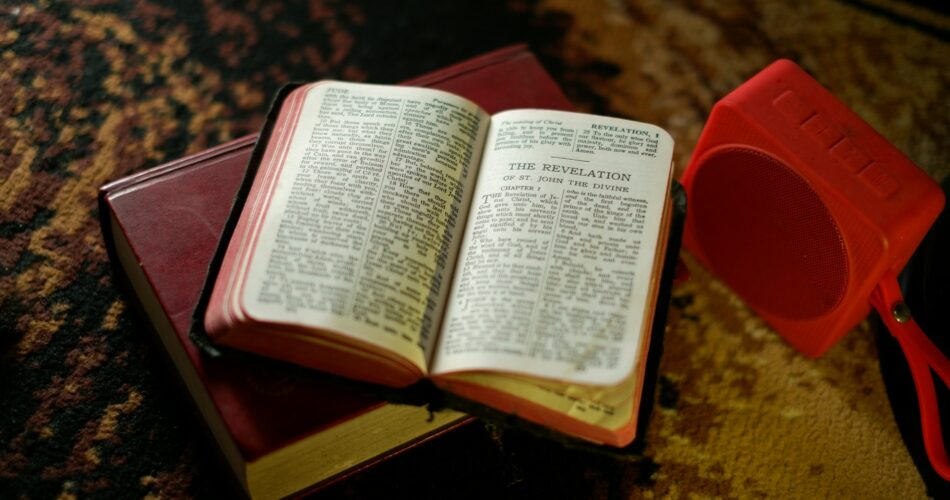Church Bishop Defends Surprising Group
The Rt. Rev. Rachel Treweek, the Bishop of Gloucester, has voiced opposition to imprisoning individuals who have made provocative comments online related to the recent riots in the U.K. These riots followed a mass stabbing incident in which Axel Muganwa Rudakubana fatally attacked three young girls, sparking widespread unrest and misinformation about the perpetrator’s background.
Treweek, who is an advocate for prison reform within the Church of England, argues that while actions should have consequences, prison sentences for those accused of inciting riots online are not the appropriate solution. She believes that meaningful change requires addressing deeper issues through supportive interventions rather than relying solely on incarceration. According to Treweek, simply sending people to prison without addressing the root causes of their behavior does not contribute to long-term community safety.
The Bishop is also critical of the idea that increasing the prison population would lead to safer streets, pointing out that high reoffending rates suggest that longer sentences are not effective in preventing future crimes. She advocates for alternative sentencing options, such as probation and community service, which she believes are better suited to addressing the underlying causes of criminal behavior.
One case highlighting this debate involves Julie Sweeney, who was sentenced to 15 months in prison for making inflammatory comments about mosques on Facebook. Judge Steven Everett argued that such comments necessitate a prison sentence to deter similar behavior, reflecting the tension between punitive measures and rehabilitative approaches.
In the wake of the riots, which included attacks on mosques and immigration centers, and threats from police regarding incendiary online posts, religious leaders, including Archbishop of Canterbury Justin Welby, issued a joint statement condemning the violence. They highlighted the need to address and repair the damage caused by the unrest, emphasizing the moral responsibility to counteract hatred and support affected communities.

So WHERE is the article giving us the answer??? “What Is The Number Of The Sealed Servants Of God In Revelation?”
Revelation 7:4 mentions 144,000 sealed servants of God, 12,000 from each of the twelve tribes of Israel.